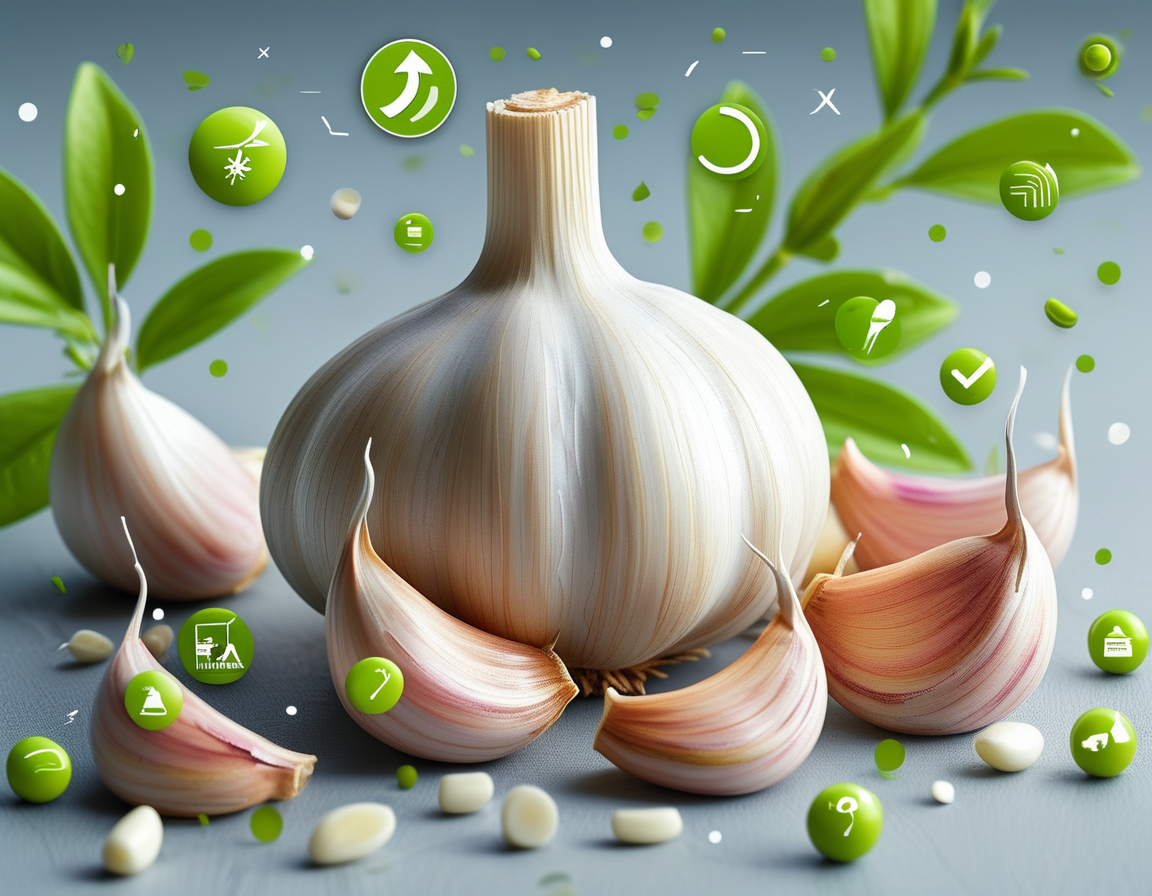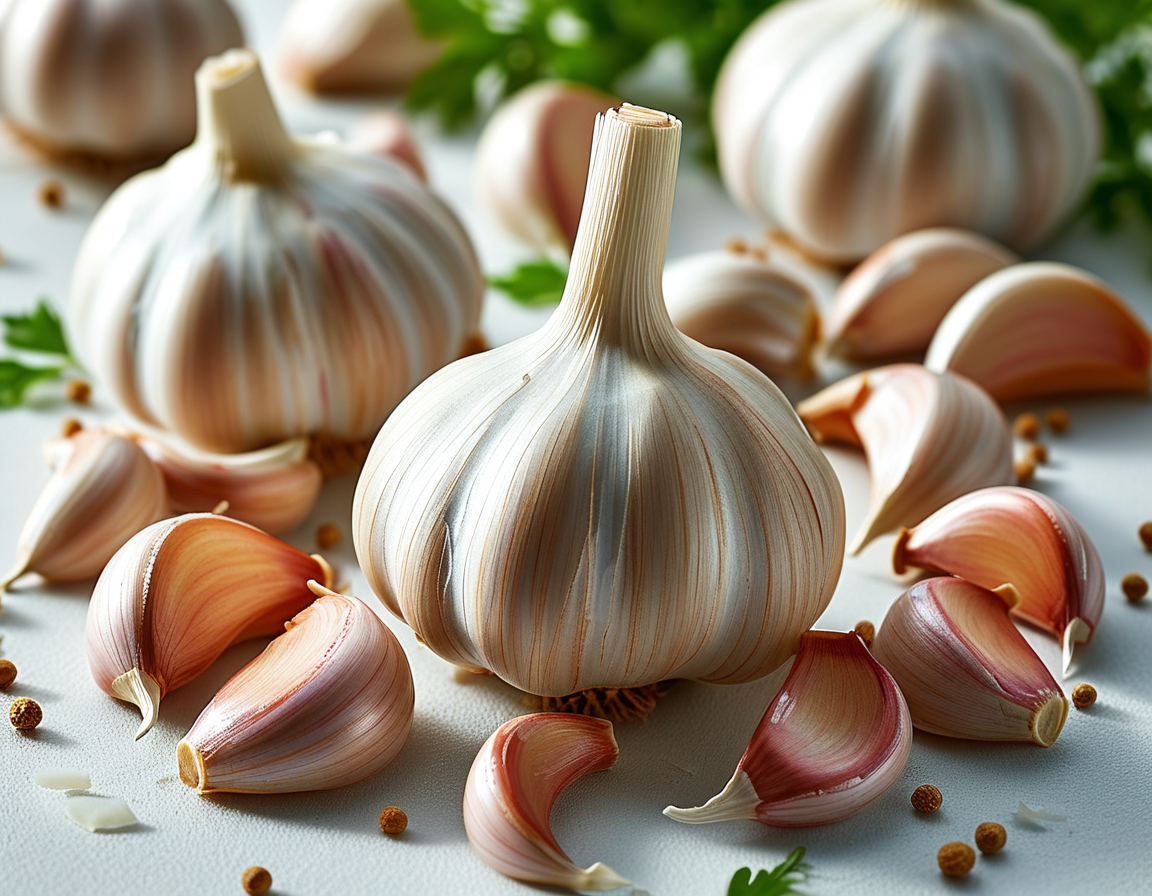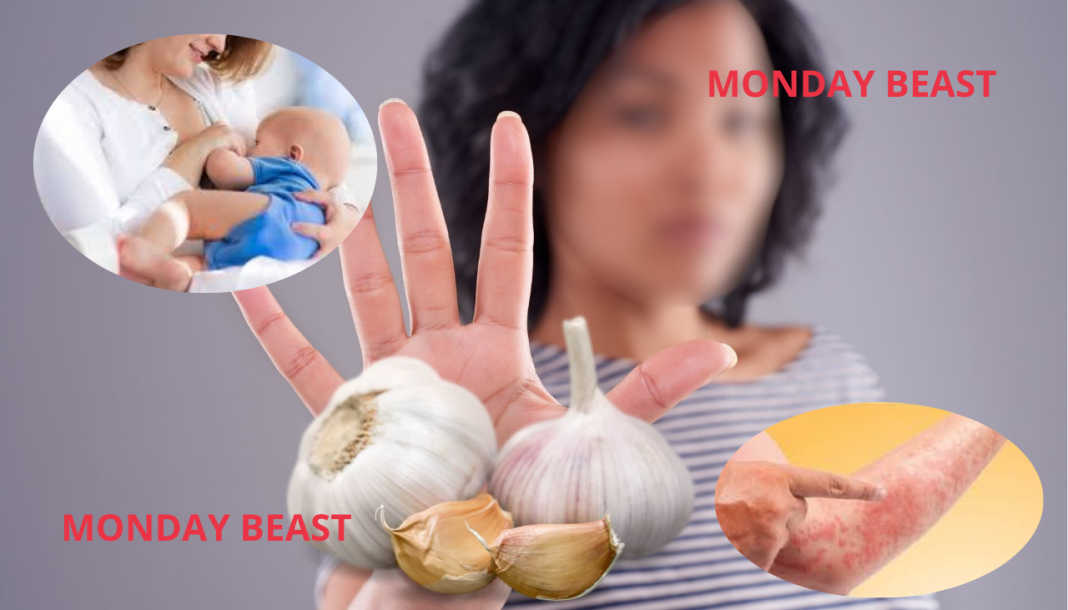Anticoagulant Medication Users Must Be Wary
Garlic is often touted for its health benefits. Yet, not everyone can safely partake. People on anticoagulant medications like warfarin need to tread carefully. Garlic possesses natural blood-thinning properties. This can increase the risk of bleeding when mixed with these drugs. For someone relying on medications for blood safety, the stakes are high. Imagine the anxiety of wondering if dinner will trigger a health scare. Consulting a healthcare professional isn’t just wise—it’s crucial. A doctor can guide whether the benefits outweigh the risks.
Cardiovascular Conditions and Low Blood Pressure
Individuals managing cardiovascular conditions should also be cautious. Low blood pressure can lead to symptoms like dizziness. Garlic might only amplify these challenges. Think of those mornings when you feel lightheaded even before the first cup of coffee. Garlic may give an unwelcome push in the wrong direction. For someone dealing with heart health issues, a quick chat with their doctor could make all the difference. Does that extra clove enhance well-being? Or does it introduce unnecessary complications?
Allergies and Sensitive Skin

Allergic reactions can transform garlic from a miracle herb to a foe. People with sensitive skin may find garlic a real irritant. Rashes, itching, or even breathing difficulties can overshadow its benefits. Envision a delightful meal, only to have the joy replaced with an unexpected reaction. For those who know they are prone to allergies, it’s better to be safe than sorry. One might ponder, is that flavor worth the risk?
Pregnant and Breastfeeding Women
Expecting or new mothers should handle garlic with caution. Large amounts can impact uterine contractions or affect fetal metabolism. What a distressing thought for any new parent! Breastfeeding can also introduce garlic’s strong flavors to infants. Consultations about garlic consumption could ease concerns. A mother’s choices can resonate through her child’s health. Will that garlic bread be a guilty pleasure or a health hazard?
Digestive Disorders and Garlic
Digestive issues like ulcers or GERD complicate garlic consumption further. Garlic can irritate the stomach lining. For someone already navigating these painful symptoms, garlic can worsen things. Picture struggling with discomfort but still wanting to enjoy food. It poses a genuine dilemma. Before making a meal decision, identifying individual digestive tolerance is essential. Can the excitement of flavor surpass the discomfort of a reaction?
HIV/AIDS Medication Interactions

People on HIV/AIDS medications should also tread cautiously. Garlic can interact with these medications. This interaction might reduce their effectiveness. The fear of a medication not working as it should is profound. A simple vegetable can hold such weight in health management. Having a candid conversation with a healthcare provider is vital. How critical is that garlic’s enhancement to overall health?
In conclusion, garlic can serve as a dual-edged sword. On one hand, it offers various health benefits. On the other hand, certain groups must approach its use with caution. If you fall into any of these categories, a dialogue with your doctor is paramount. After all, ensuring safety always trumps chasing health fads.




